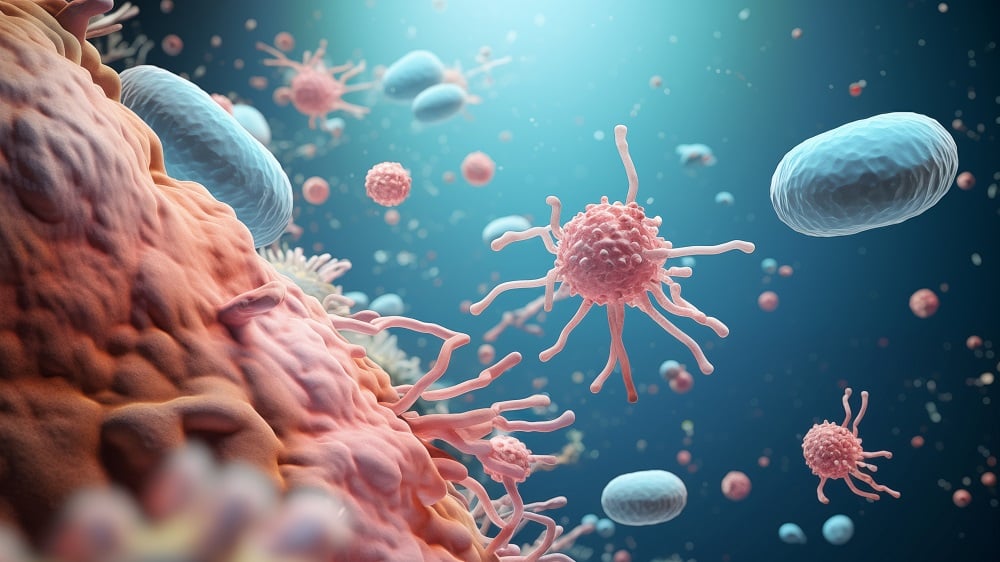A groundbreaking study published in Nature has unveiled a novel bacterial anti-cancer vaccine that shows promise in targeting solid tumors. Researchers from Columbia University created a sophisticated bacterial vector, which effectively converts the presence of cancer into an immune response, potentially transforming cancer treatment paradigms.
Understanding the Mechanism
The approach leverages the inherent affinity of certain bacteria for tumor microenvironments characterized by factors such as necrotic tissue and hypoxia. Notable bacterial species such as Clostridium, Salmonella, and E. coli have been identified as potential agents for tumor focus, paving the way for the development of a microbial anti-cancer vaccine. The primary objective is to utilize these bacteria to enhance the body’s immune response to cancer cells.
The Innovative Vaccine Development
The researchers undertook the task of identifying “neoantigens,” which are unique indicators resulting from mutations in cancer cells. Using genetic engineering techniques, they modified E. coli to produce these antigens in large quantities.
After inoculating mice with colorectal carcinoma cells, the bacterial vaccine was administered directly into the tumor area. This strategy demonstrated promising results as the bacteria effectively colonized the tumor while sparing healthy tissues, leading to a robust immune response that stunted tumor growth.
Key Findings from the Study
The study highlighted several essential findings:
| Procedure | Outcome | Notes |
|---|---|---|
| Single Injection of Vaccine | Prevention of tumor growth | Complete response observed in 3 out of 7 mice |
| Inoculation of Multiple Tumors | Sustained systemic immune response | Untreated tumors also targeted |
| Metastatic Injection | All treated mice survived past day 50 | Clear distinction from control group |
Future Perspectives
This innovative approach necessitates a patient-specific treatment plan, which includes sequencing tumor DNA to tailor the bacterial strain accordingly. The customization enables the vaccine to potentially outsmart the cancer by targeting multiple neoantigens:
- Enhanced immune recognition: Since the vaccine utilizes several tumor-specific antigens, the likelihood of cancer cells evading treatment through rapid mutation decreases.
- Quick manufacturing processes: Bacterial strains can be developed relatively quickly, providing timely treatments for patients.
- Synergistic effects: Researchers anticipate the bacterial vaccine may enhance the efficacy of existing cancer therapies.
“Because our platform allows us to deliver so many different neoantigens, it theoretically becomes difficult for tumor cells to lose all those targets at once.” – Tal Danino, Professor of Biomedical Engineering
Conclusion
The results of this study signify a significant breakthrough in the quest for effective anti-cancer vaccines. By utilizing the natural properties of bacteria to evoke immune reactions, this innovative strategy might alter the landscape of cancer immunotherapy.
Literature Cited
[1] Redenti, A., et al. (2024). Probiotic neoantigen delivery vectors for precision cancer immunotherapy. Nature.
[2] Yu, Y. A., et al. (2008). Establishment and characterization of conditions required for tumor colonization by intravenously delivered bacteria. Biotechnology and bioengineering.
[3] Pawelek, J. M., et al. (1997). Tumor-targeted Salmonella as a novel anticancer vector. Cancer Research.
[4] Lifespan.io














Discussion